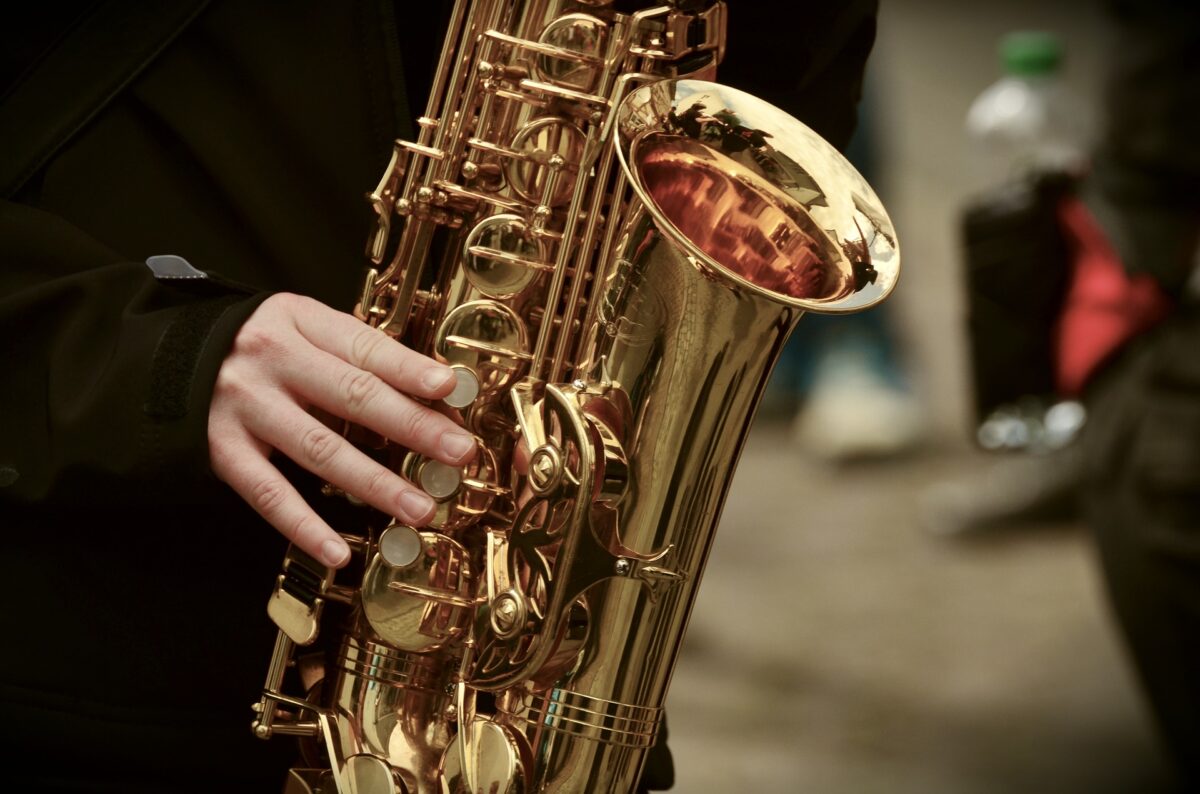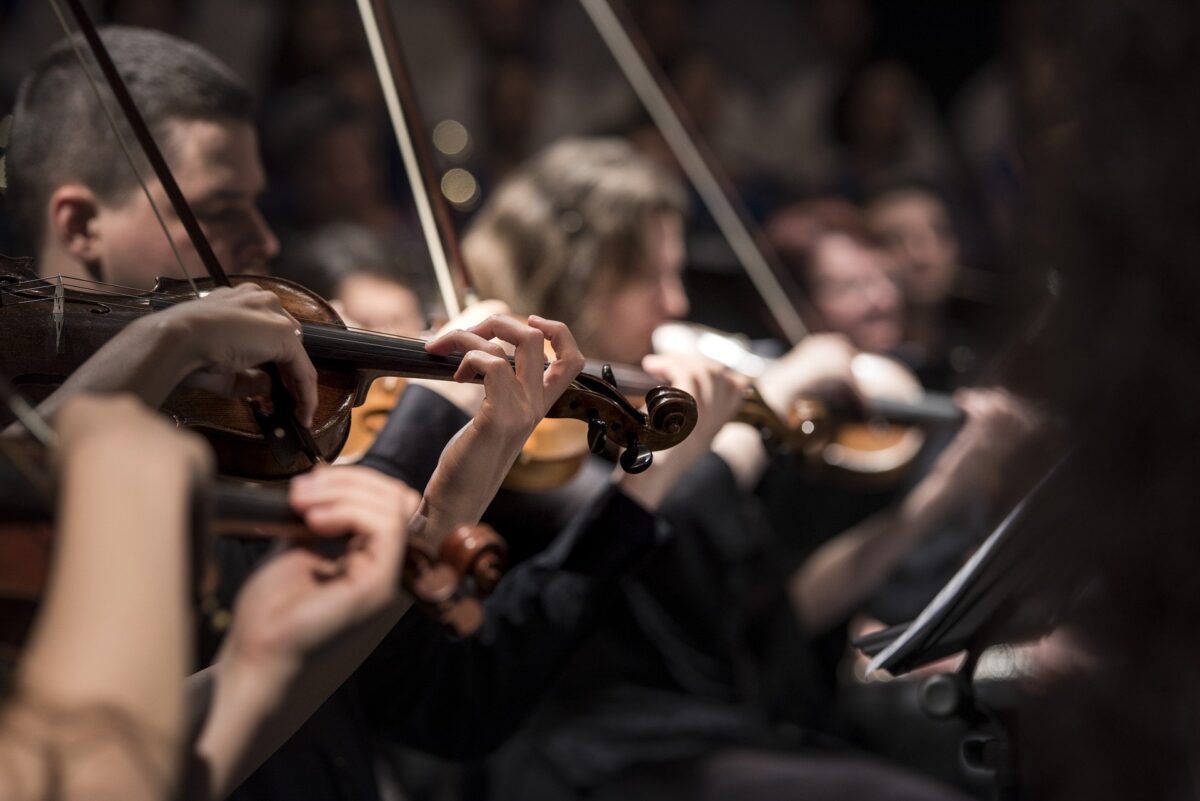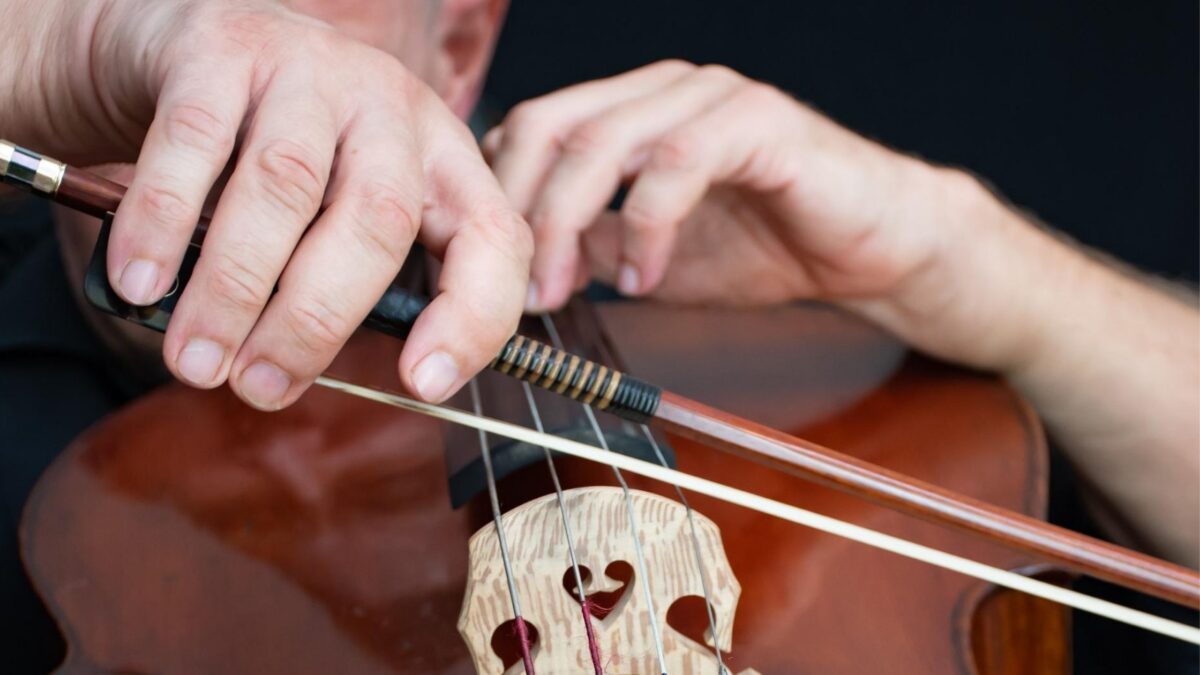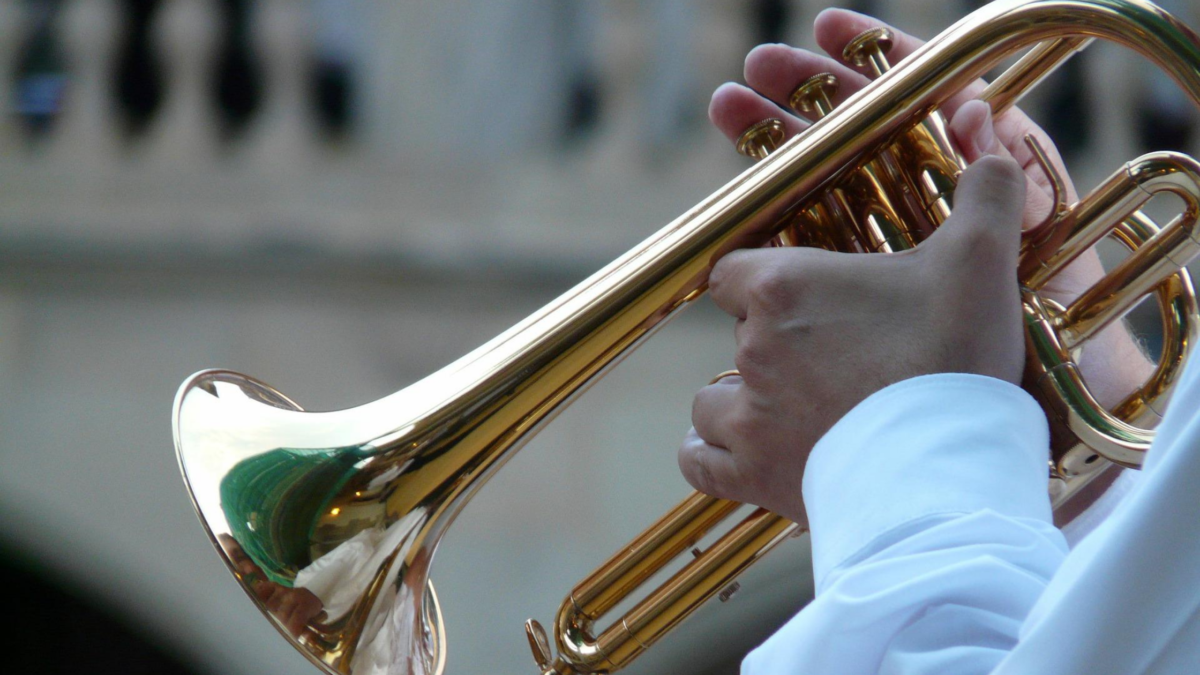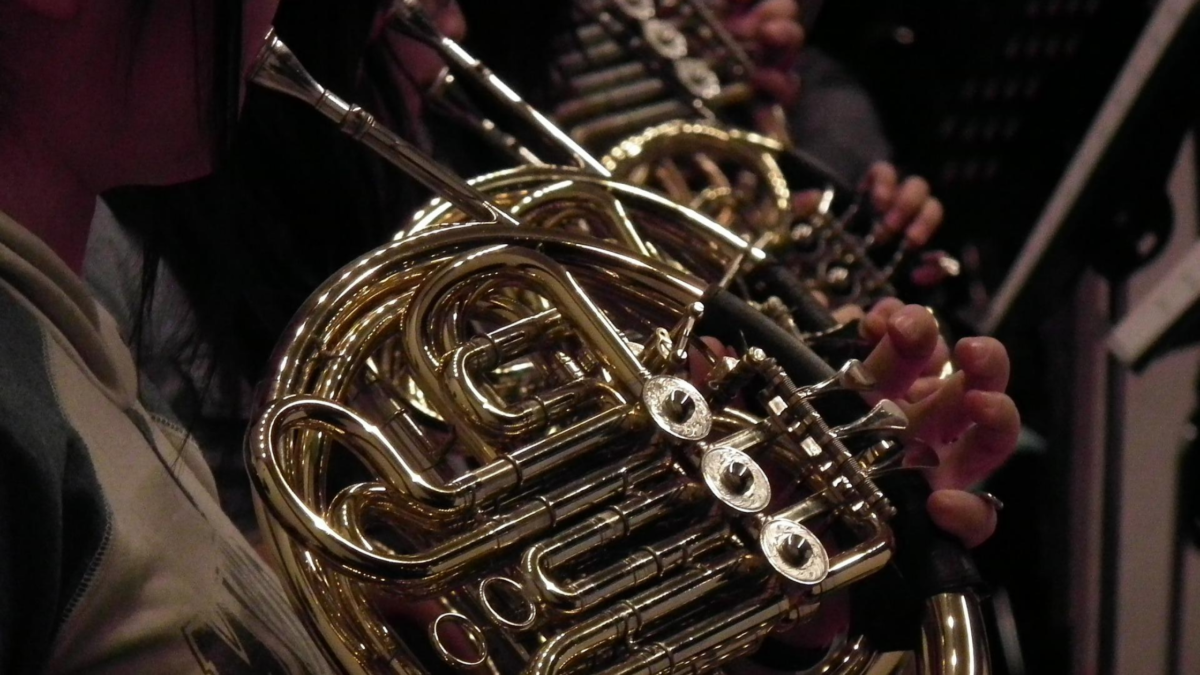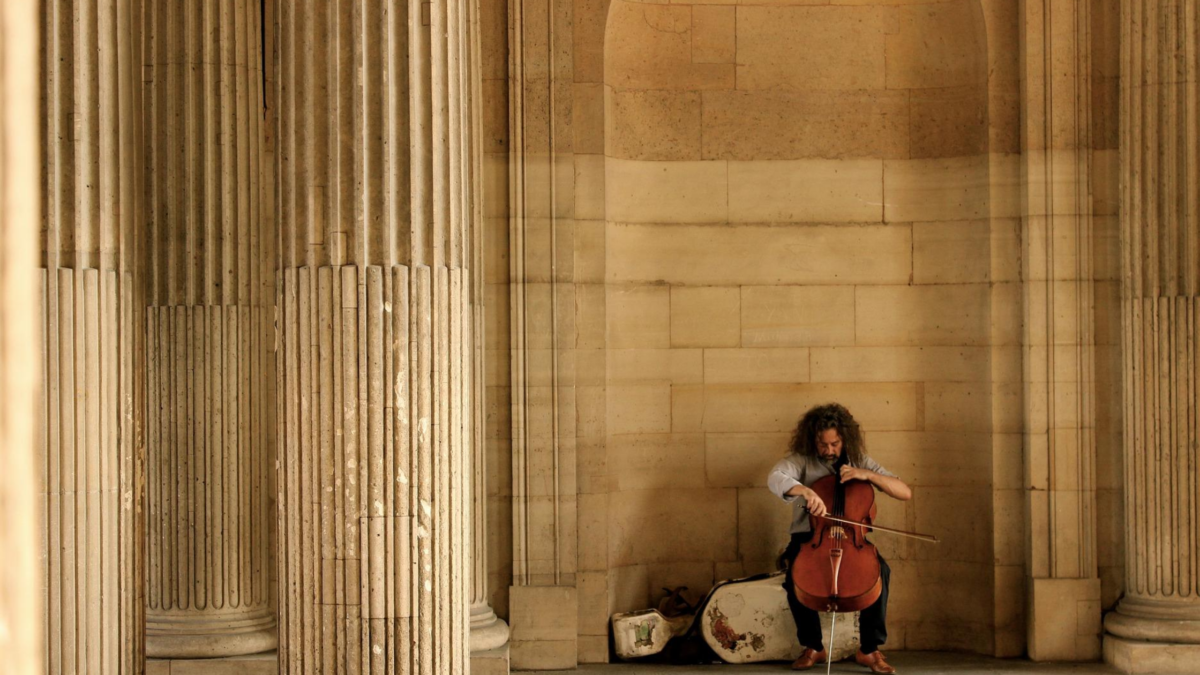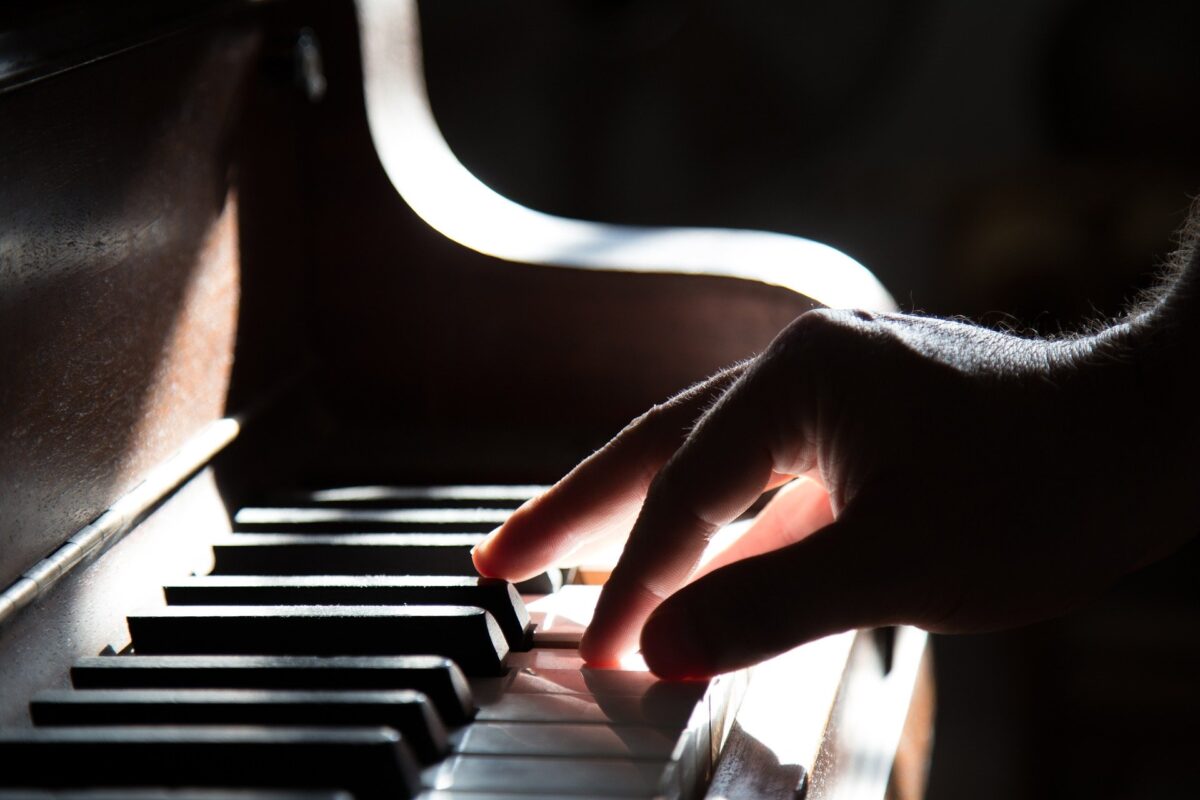Anytime a discussion of jazz saxophone occurs, a handful of names invariably crop up, even from those only vaguely familiar with the form. There’s a good reason for that. There have been innumerable saxophonists over the last century, or so, none have been as influential as these players, whose impact was so profound that their shadow still darkens the path of the countless young cats who have followed in their wake. Keep reading for a rundown of the ten best saxophonists in jazz.
If you play the saxophone or want to learn how to play the saxophone, please do yourself a favor and at least give these great saxophonists a listen. You may or may not like their music, but you will appreciate their skills and dedication.
Maceo Parker
Maceo Parker is arguably the funkiest saxophone player the world has ever seen.
Maceo played the famous sax lines in James Browns hit “I Feel Good (I Got You)” and has had a string of well-known songs and bands lead by his Alto saxophone. James Brown would also famously yell out, “Maceo, blow your horn !!” during live performances.
Candy Dulfer
Candy Dulfer has been playing saxophone worldwide with her band and with other famous brands as well. She also is a very funky saxophone player, and her collaborations with Maceo Parker are just jaw-dropping. Her bands are incredible musicians, and her albums “Sax-A-Go-Go” and “Candy Store” are worthy of seeking out. Perhaps Candy’s best known commercial success is with Dave Stewart from the Eurythmics and their song “Lily Was Here”.
Cannonball Adderley
A jazz Alto saxophone player from the 1950s and 1960s, Cannonball Adderley, is best known for his musical work with the great Miles Davis. His solo in the song “So What” from the Miles Davis Quintet album “A Kind Of Blue” is arguably one of the best jazz alto saxophone solos ever. Two of Cannonball Adderley’s more well-known songs are “Mercy, Mercy, Mercy” and “Work Song”.
John Coltrane
John Coltrane is another jazz legend from the 1950s and 1960s, but he was known for his tenor sax. Coltrane’s style was famous for his speedy runs with many, many notes all rolled into the one phrase. He appeared in many acclaimed Miles Davis recordings and many of his solo albums. The song “Blue Train” from the album of the same name by John Coltrane is perhaps his most well known and features several other jazz legends. A must listen!
Kenny G
Kenny G (born 1956) is a fantastic saxophonist.
More well known for his soft, easy listening soprano saxophone instrumental music, he is the saxophone player that everyone loves to hate. He has appeared many and various recordings of pop stars. He rocks out on his tenor sax occasionally (e.g., with Katy Perry in her song “Last Friday Night”) and various appearances at multiple Montreaux Jazz Festivals, but he has cornered the “easy listening” instrumental niche. His most well-known song is the easy listening from 1986, “Song Bird”.
Who is your favorite saxophonist? Please let me know in the comments below, and Are you are looking to rent a piano, then here we are, contact us or search “piano rental Pasadena” and you can get all kinds of benefits from us.
